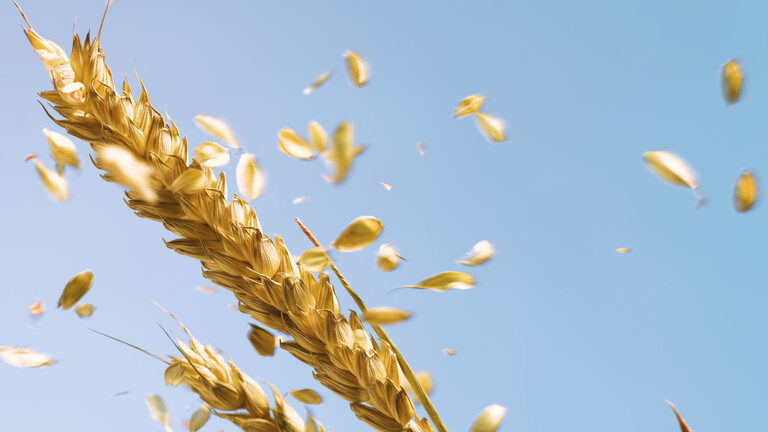I et langt Telegram-indlæg kommenterede Medvedev nylige udtalelser fra vestlige ledere om fødevaresikkerhed. Da Rusland og Ukraine er store hvedeleverandører, der tegner sig for omkring 30 % af den globale eksport, er priserne steget markant siden lanceringen af den russiske militæroffensiv i nabostaten og de efterfølgende sanktioner, der blev pålagt Moskva af USA, EU, Storbritannien og andre. . I onsdags sagde FN's generalsekretær Antonio Guterres, at gødning og fødevarer fra Rusland skal være tilgængelige på verdensmarkederne uden forhindringer.
Medvedev var enig i, at uden hvede og andre fødevareforsyninger fra Rusland ville importlandene 'have en meget vanskelig tid', især, bemærkede han, fordi uden russisk gødning '[ville] kun saftigt ukrudt vokse' på deres marker.
Kommentar: Delvist oversat af SOTT.net fra Ex-president issues Russian food exports warning, blames looming shortages on 'cosmic cretinism' of the West
"Well ... that's sad. They've got themselves to blame," he wrote.
In Medvedev's opinion, the West is now "backing up" because "all these hellish sanctions are worthless when it comes to vital things," such as food or energy.
Sanctions interfere with everyone's desire to live a normal, prosperous life, the former Russian president argued. The expansion of NATO and the "mess with the calculations of debts, payments and other things" have aggravated the situation, he said.
"And what interferes the most is [the West's] own cosmic cretinism," he claimed.
According to Medvedev, Russia is ready to fulfill all of its obligations, but it has the right to expect some assistance from trading partners. Otherwise, he emphasized, there would be no logic to it: "On the one hand, insane sanctions are being imposed on us, and, on the other hand, [the West] is demanding food supplies."
"It will not happen, we're not idiots," he said, adding that there would be no export deliveries to the detriment of the Russian market.
"Food for the citizens of Russia is a sacred matter," he said.
Comment: Notably, China seems to have a similar attitude, which is why it has rice and grain supplies to last its people for at least a year, and it began subsidizing its farmers in earnest prior to the soaring cost of commodities, like fertilizer and fuel, meanwhile the UK establishment is paying its farmers to 'rewild' arable land and allowing tens of thousands of pigs to be dumped because... they wouldn't fit in the supermarket packaging.
Earlier on Thursday, Russian presidential adviser Maxim Oreshkin predicted a global famine which, in his opinion, would start "by the end of the autumn or by the end of the year."
Comment: A German politician, a Bank of England representative, and Tajikistan's President are just some of the other officials that have warned that this year will be fraught with food shortages and famine.
Since the launch of the Russian military operation in Ukraine in late February, Moscow, Kiev, and various Western players have been pointing fingers at each other over the looming food crisis.
During the G7 summit in March, French President Emmanuel Macron came up with a global "initiative for food security." It involves an emergency plan for the release of stocks in the event of a crisis, a multilateral commitment not to impose restrictions on the export of agricultural raw materials, a temporary increase in production thresholds, supporting sustainable food production in the most vulnerable countries, and creating a mechanism which would enable providing them with agricultural products "in sufficient quantity and at reasonable prices," if the need arises.




Kommentar: For an idea of what's up ahead: Sri Lanka economic crisis: Shoot on sight order issued against protesters as troops deployed in Colombo